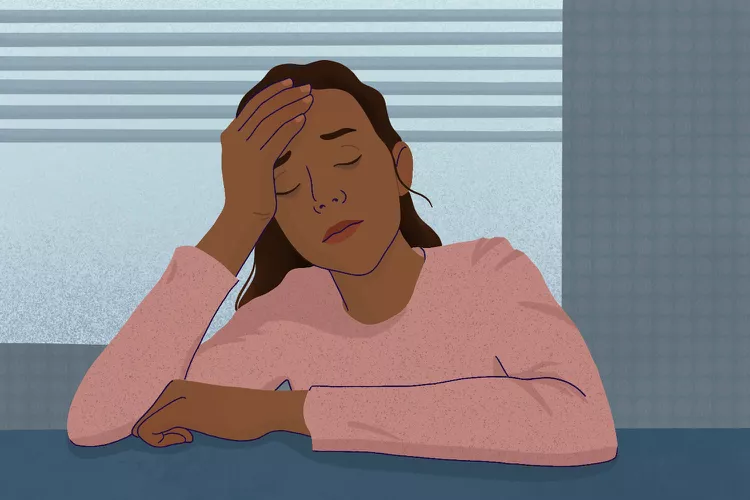What Is High-Functioning Depression?

High-functioning depression is an informal term used to describe individuals who experience symptoms of depression but are still able to manage daily responsibilities with little difficulty. The term often appears on treatment center websites and health blogs to describe people who appear to be coping well despite their underlying struggles.
Because it's not a recognized medical diagnosis, there’s no clinical test specifically for high-functioning depression. However, healthcare providers can screen for general depression and recommend appropriate treatments.
Symptoms of High-Functioning Depression
What constitutes high-functioning depression is still somewhat subjective, as there’s limited research on the condition. It’s typically used to describe people who have low mood, reduced energy, and anxiety, but can still carry out tasks at work, school, or home.
Psychologists believe that certain personality traits—such as a negative self-image—may contribute to this form of chronic unhappiness. Individuals may experience mood symptoms along with guilt, self-criticism, and perfectionism.
High-Functioning Depression vs. Major Depression
While high-functioning depression isn’t a clinical diagnosis, it can overlap with major depression. Major depression typically involves episodes of low mood or a lack of interest in activities, and its severity ranges from mild to severe based on the number and intensity of symptoms.
People with mild forms of major depression may still function in daily life and hide their symptoms from others. In such cases, they may be considered as having a “high-functioning” version of depression, often pushing through their symptoms without seeking support.
Some experts say that these individuals tend to be driven and resilient, enduring significant emotional challenges while continuing to meet expectations in their personal and professional lives.
Diagnosis
High-functioning depression is not listed in official diagnostic manuals like the DSM-5-TR. Nonetheless, the term is useful in describing people whose symptoms don’t fit neatly into standard categories.
Mental health professionals often look at how well someone is fulfilling their roles—such as employee, partner, parent, or friend—to gauge how depression might be affecting their life. Someone may appear functional but have withdrawn from activities outside their core responsibilities.
While there's no specific test for high-functioning depression, providers can use standard depression screening tools. These often include questions about sadness, fatigue, crying spells, sleep patterns, and energy levels.
Treatment
Treatment for high-functioning depression generally mirrors that of other forms of depression and is tailored to the individual. It may involve:
-
Lifestyle changes like increasing physical activity and social engagement
-
Medication, such as SSRIs (selective serotonin reuptake inhibitors)
-
Psychotherapy or talk therapy
When to Seek Help
Just because someone is managing their symptoms alone doesn't mean they shouldn’t seek help. People can start by talking to a primary care doctor, reaching out to a therapist, or using workplace support programs.
It’s especially important to consult a healthcare provider if you or someone you know experiences:
-
Frequent crying without a clear reason
-
Thoughts of self-harm or suicide
-
More than a few persistent symptoms of depression that interfere with daily life for more than two weeks
-
Hallucinations or hearing voices
-
Concerns about a child or teen who might be depressed
-
Suspicions that medications could be contributing to depressive symptoms
A quick review
High-functioning depression refers to a form of depression where a person is able to manage daily life despite experiencing symptoms. Though it’s not an official diagnosis, its symptoms often align with mild major depression.
What matters most is seeking help. Depression is treatable, and with the right support, individuals can find a treatment plan that works for them—whether through therapy, medication, or lifestyle adjustments.
















.png)




.png)






.webp)
.webp)


.png)






